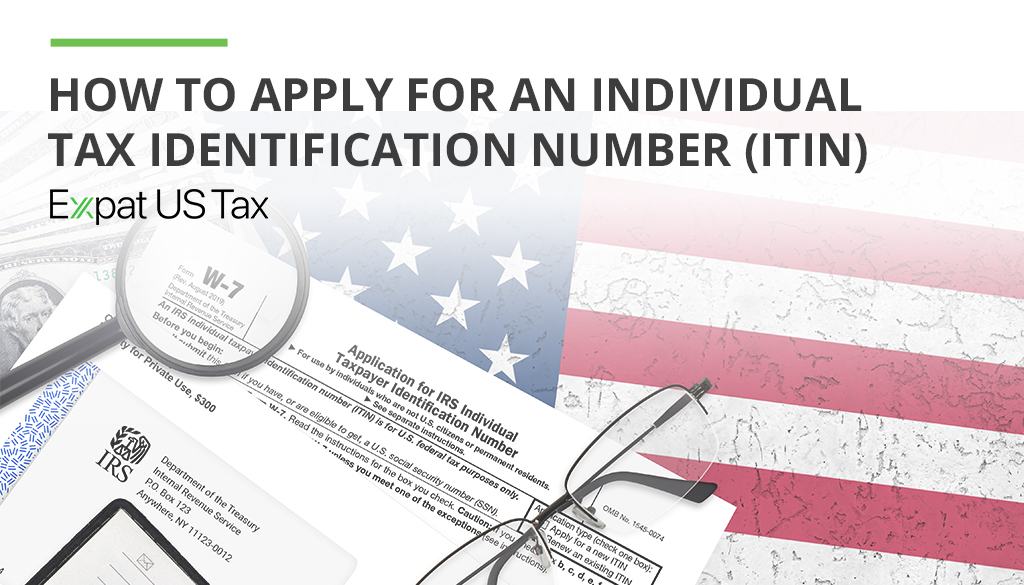Understanding Tax Filing Requirements for Non-Citizens in the U.S.
Filing taxes in the United States is a mandatory obligation not only for citizens but also for non-citizens residing or earning income within the country. It is essential to understand the IRS regulations that govern tax filing processes for immigrants, visa holders, and other non-citizen residents to ensure compliance and avoid penalties.
The Internal Revenue Service (IRS) mandates that every individual who earns income from U.S. sources must report it appropriately, regardless of their citizenship status. This obligation encompasses various categories of non-citizens, including lawful permanent residents (green card holders), non-resident aliens with U.S. income, and those who are self-employed within the United States.
Importance of Using Social Security Number (SSN) or Individual Taxpayer Identification Number (ITIN)
One of the fundamental requirements when filing taxes in the U.S. is using a valid identification number for tax purposes. This number is typically the Social Security Number (SSN) for individuals eligible to receive one. However, many non-citizens who are not qualified for an SSN must obtain an Individual Taxpayer Identification Number (ITIN) to file their taxes properly.
The SSN or ITIN serves as the primary identifier for the IRS to track earnings, tax payments, and refunds. Not having one can result in the inability to file accurate tax returns, potentially leading to penalties, delayed refunds, or issues with compliance verification.
Accurate Reporting of All U.S. Income
It is crucial for non-citizens to report all income earned within the United States accurately. This includes wages, salaries, interest, dividends, rental income, self-employment earnings, and other income sources derived from U.S. entities. Failure to disclose all taxable income can trigger audits, fines, and legal complications.
The U.S. tax system operates on the principle of worldwide income for residents, but non-resident aliens are taxed only on their U.S. sourced income. Understanding your residency status under IRS rules is vital to determining which income must be reported and how taxes are applied.
Record-Keeping for Self-Employed Non-Citizens
Self-employed individuals among non-citizens must maintain meticulous records of all payments received and business-related expenses incurred. Proper documentation enables accurate calculation of net income, deductible expenses, and correct tax liability.
Keeping detailed records such as invoices, receipts, bank statements, and contracts is essential. These records support claims for expenses and deductions, help in case of an IRS audit, and facilitate the preparation of Schedule C or other relevant tax forms.
Do Not Ignore IRS Letters
Receiving correspondence from the IRS can be intimidating, but it is critical not to ignore any letters or notices. Such communications might pertain to additional required information, adjustments to filed returns, payment requests, or audit notifications.
Ignoring IRS letters can have serious repercussions, including penalties and potential complications with your immigration status. Non-compliance connected to tax issues might negatively influence visa renewals, green card applications, naturalization processes, or other immigration proceedings.
Benefits of Hiring a Tax Preparer Experienced with Immigrant Cases
Navigating the U.S. tax system can be complex, especially for non-citizens unfamiliar with legal requirements and tax codes. Employing a skilled tax preparer who has experience handling cases involving immigrants can significantly reduce the risk of errors, omissions, and penalties.
An expert tax professional can help ensure that your filings are accurate, timely, and compliant with IRS regulations. Furthermore, they can offer valuable advice on available tax benefits, credits, and deductions applicable to your unique situation, maximizing your tax efficiency.
Protecting Your Immigration Status Through Proper Tax Compliance
Tax compliance is closely monitored by immigration authorities when evaluating an individual’s eligibility for visas, permanent residency, or citizenship. Demonstrating consistent tax filing and payment history strengthens your case and reflects responsible behavior as a resident or non-resident.
Conversely, failure to file or resolve outstanding tax issues can jeopardize your immigration benefits. Therefore, maintaining proper records, timely submissions, and accurate reporting is pivotal for safeguarding your legal status in the U.S.
Seeking Professional Legal Assistance
If you encounter difficulties or complex situations related to tax filing and immigration issues, it is advisable to seek professional legal help. Qualified attorneys and tax advisors specializing in immigrant cases can provide personalized guidance and representation to address your concerns efficiently.
Contacting a knowledgeable consultant via the communication channels provided in the bio or by sending a private message ensures that you receive expert advice tailored to your needs and circumstances. Proactive engagement with professionals increases your chances of complying with tax laws while protecting your rights and immigration interests.
- Filing taxes is mandatory for all individuals earning U.S. income, including non-citizens.
- Use a Social Security Number (SSN) or ITIN for all tax filings.
- Report every source of income earned within the United States accurately.
- Self-employed individuals should maintain detailed financial records.
- Never ignore IRS correspondence; it can affect your immigration process.
- Hire a tax preparer experienced with immigrant cases to avoid penalties.
- Professional legal help is available through the contacts listed in the bio or via private message.
Correct and timely tax filing is a vital obligation for non-citizens in the United States. Utilizing your SSN or ITIN to report all U.S. income ensures compliance with IRS regulations and avoids costly penalties. For self-employed persons, diligent record-keeping serves as the foundation for accurate tax returns. Prompt attention to IRS letters safeguards your immigration status by demonstrating responsibility and adherence to the law.
The complexities involved in tax laws related to immigrant cases make hiring an experienced tax preparer a prudent step. Moreover, professional legal assistance can provide the necessary support to navigate challenges and secure your standing in the country. Reach out through the communications in the bio or via private message to receive expert advice and ensure your tax matters are handled correctly and efficiently.
Legal Marketplace CONSULTANT — a company specializing in comprehensive legal services for individuals and businesses, focusing on immigration and tax law compliance to protect clients’ status and financial interests.































